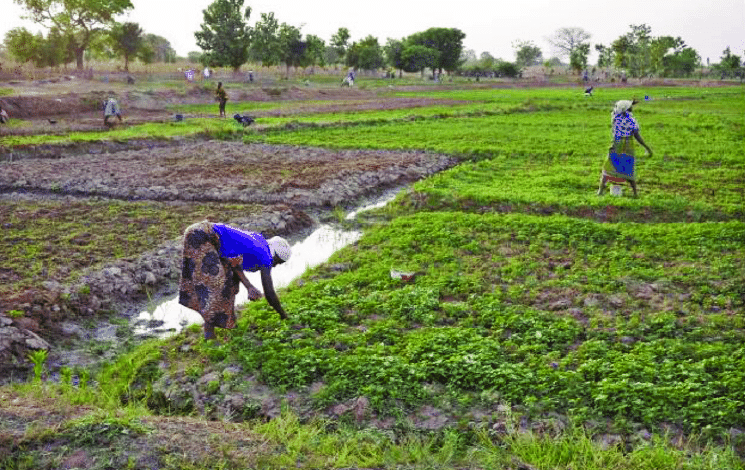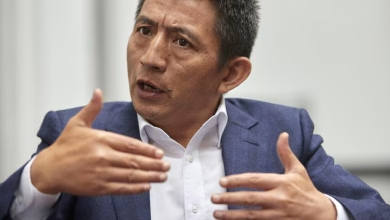Women Farmers In Bono Region Struggle For Growth

- A key challenge is the difficulty in securing loans
- The event focused on enhancing agricultural skills
- Agrihouse Foundation also honored 16 outstanding women farmers
Female farmers in Ghana’s Bono Region are facing significant hurdles in their pursuit of agricultural success.
Despite their crucial role in food production, they often lack access to essential resources, hindering their ability to expand their farms and improve livelihoods.
A key challenge highlighted by farmers is the difficulty in securing loans for agricultural equipment. High interest rates, strict collateral requirements, and inflexible repayment terms make traditional financing options inaccessible for many smallholder women farmers.
This forces them to rely on personal savings or reinvesting profits, trapping them in a cycle of small-scale, labor-intensive farming.
To address these challenges, a two-day capacity-building training was organized by Agrihouse Foundation for 600 women farmers in the region.
The event focused on enhancing agricultural skills and promoting sustainable growth. Participants received training on productivity, pest management, and fertilizer application, along with essential farm inputs.
Recognizing the vital role of women in agriculture, the Bono Regional Minister, Justina Owusu Banahene, emphasized the need for concerted efforts to support female farmers. She called for collaboration among government, the private sector, and civil society to address the challenges they face.
Agrihouse Foundation also honored 16 outstanding women farmers with the 2024 Gold in the Soil Award, celebrating their leadership and contributions to the agricultural sector. Nana Yaa Esuama Yeboah, the overall winner, exemplifies the resilience and innovation of women farmers in the region.
As the backbone of the agricultural workforce, women farmers in Bono Region require greater support and investment to reach their full potential and contribute to Ghana’s food security.






